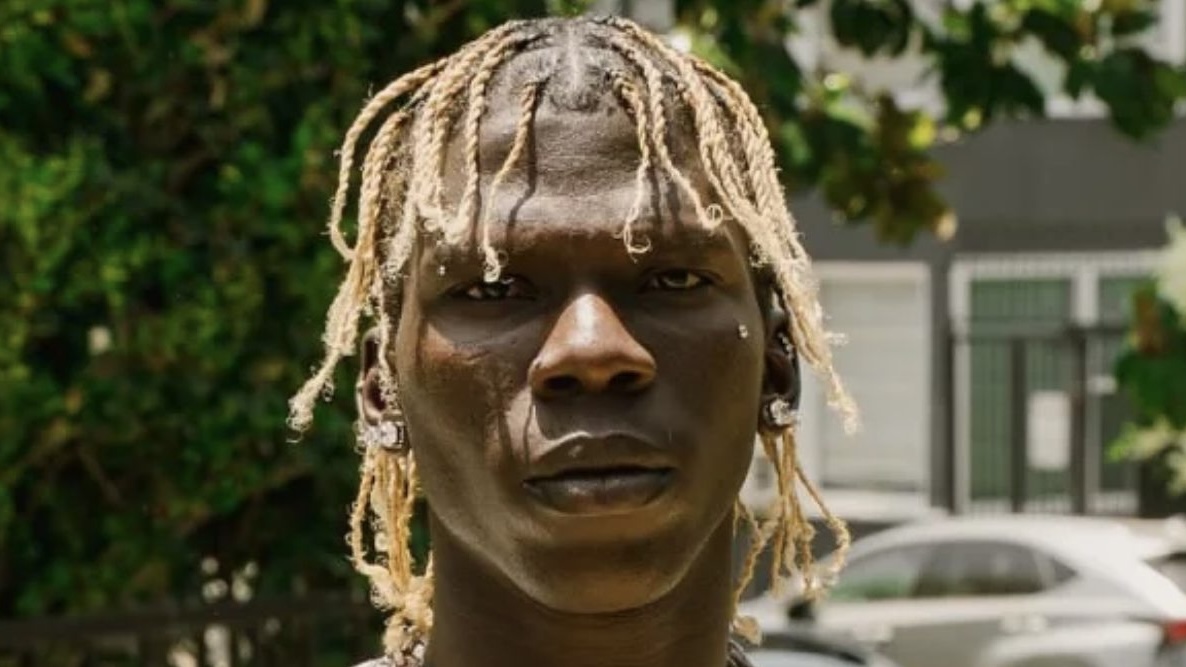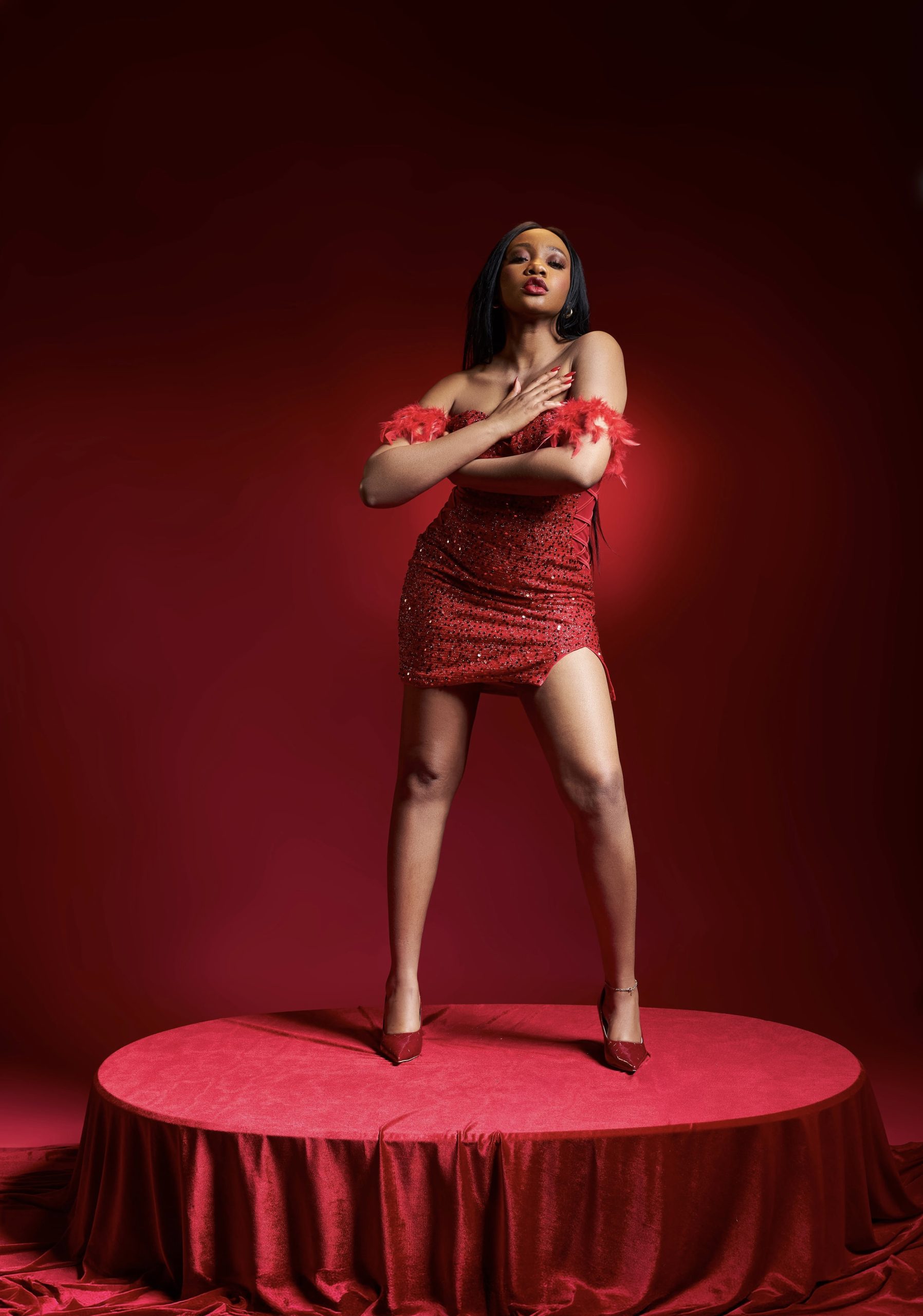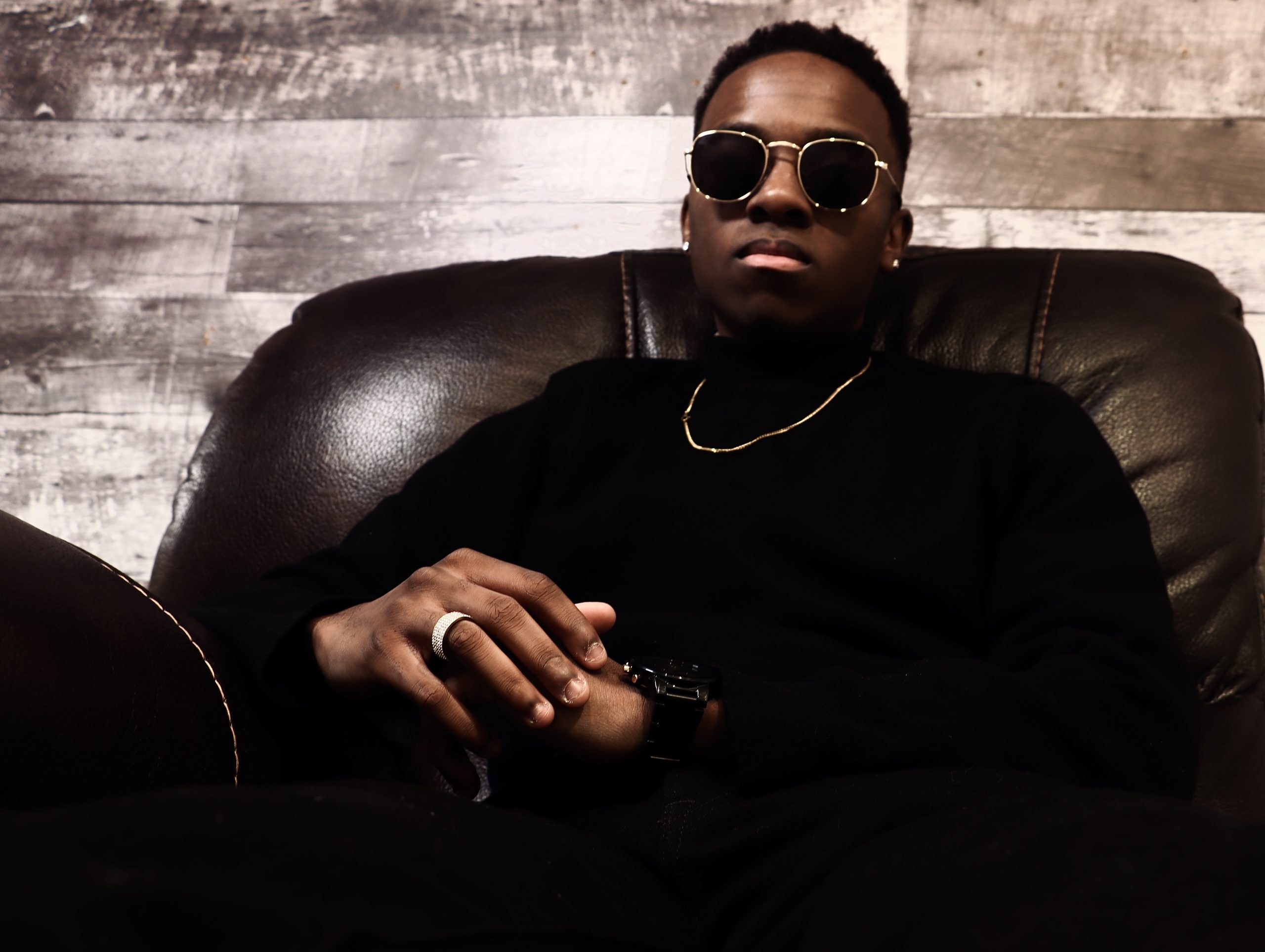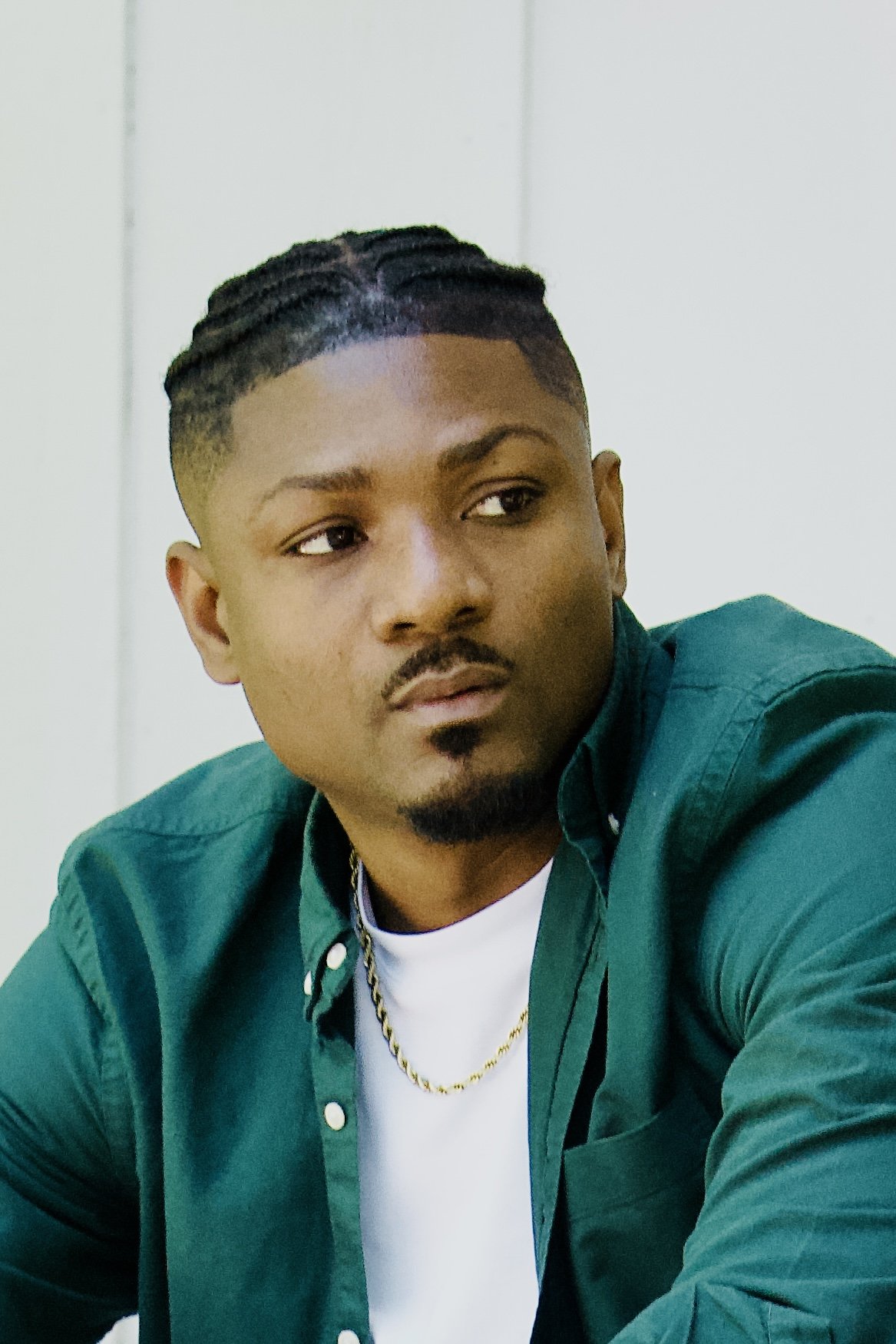Times are changing. Nigeria’s DJs are being pulled into a new era of music regulation, one where compliance with licensing and royalties is no longer optional.
Disclaimer: Nothing in this article is intended as legal advice.
What’s going on?
Earlier this month, the Nigerian Copyright Commission (NCC) released a statement (a warning, really) regarding DJs publicly performing music without copyright licenses. The statement reveals that anyone caught going against this will be subject to either a N1 million fine or a 5-year jail term. Yes, really. This law isn’t new; it’s actually been in place since the Copyright Act of 2022 was passed into law. Now, they’re on the lookout for defaulters.
What does it actually mean?
As broken down by our legal juggernaut, Lily, into the simplest possible terms: before a DJ (or anyone, technically) can play other people’s music in public for commercial benefit, they must have permission. This permission comes in the form of a license, which ensures that the actual musician who originally performed that song will get paid for its use.
What happens now?
If you’re anything like me, you probably have 40 million questions right now: What were the DJs doing before? How does this affect them? How does this affect the artists; wouldn’t they want their songs to be played everywhere, ideally very soon after release? Is there going to be a standard structure for this licensure? What do artists need to do to make sure DJs can get legal access to play their music? What does it mean for us, are there certain songs we’re no longer going to hear at parties?
The Musical Copyright Society of Nigeria (MCSN) is in charge of the licensing process, in partnership with the Deejays Association of Nigeria (DJAN). Yes, it’s a little extra wahala, but it’s better for everyone in the long run. Artists want airplay, but they also want to get paid for it. So, all they need to do is register everything they drop with the MCSN, after which DJs can obtain rights to play the music. If a song is not registered, it cannot be paid for, and we might not get to hear it publicly (but we can still stream at home).

ALSO READ: 7 TOP NIGERIAN DJs YOU SHOULD KNOW
What do DJs need to do?
- Join DJAN, they’re your first stop for navigating all this smoothly.
- Get licensed. As long as you’re spinning music publicly or uploading a mix, this is non-negotiable now.
- Use MCSN to register and manage your usage.
- Understand the rules around remixing, sampling, and uploading. If you sample a hit song in your mix, you need permission.
- Keep receipts of your music sources, licensing payments, and gig reports. These might come in handy.
Long story short:
DJs are now being treated as the professional users of music that they are. That sounds like a good thing. This move also signals that our music industry is evolving, as far as royalties are concerned, which is another good thing. Artists get paid fairly for the usage of their work, and if it makes money, it makes sense. DJs can confidently share their work because they’ve paid for it, and as a fan, it means your favourite DJ mix isn’t going to get taken down for copyright infringement. Good things galore, if executed as intended.
As a DJ, it’s in your best interest not to ignore this initiative, unless you have N1m per unlicensed song that you’re not using. 5 years in Nigerian prison wouldn’t be fun for anyone.




